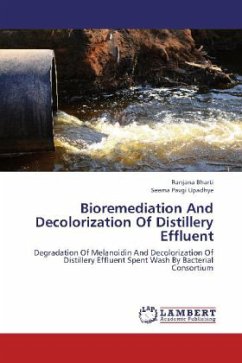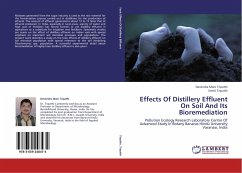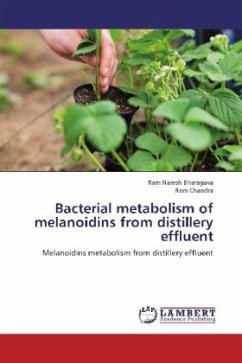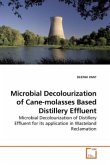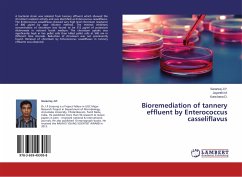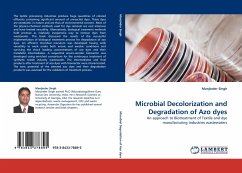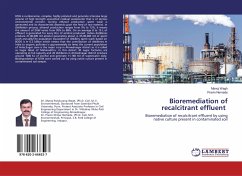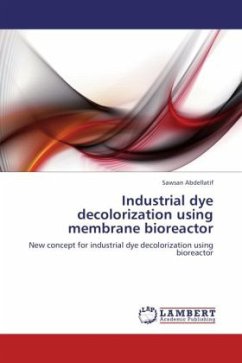Distillery spent wash is most complex and cumbersome pollution intensive unwanted residual liquid waste water of dark brown color with very high COD, highly acidic pH and other organic and inorganic toxic constituents. The recalcitrant melanoidin pigment is the major source of aquatic and soil pollution because its intense brown colour results in the blockage of photosynthesis, eutrophication and low pH acidifies soil affecting crops. Elimination of pollutants and color from distillery effluent is becoming increasingly important for environmental and aesthetic point of view. Many approaches have been employed for the treatment of wastewater is insufficient and not able to achieve the standard set by government. Therefore, as an alternative, biological treatment with microbes are drawing attentions. The present study explores the feasibility of using bacterial strains with the ultimate aim of application for molasses-based distillery wastewater treatment.
Bitte wählen Sie Ihr Anliegen aus.
Rechnungen
Retourenschein anfordern
Bestellstatus
Storno

